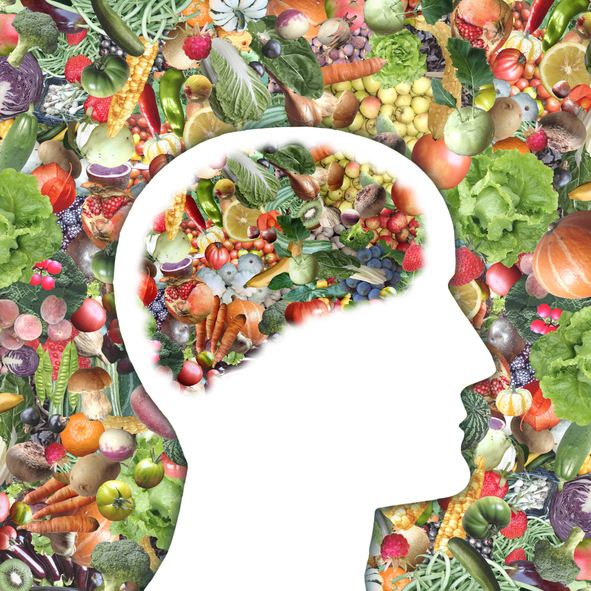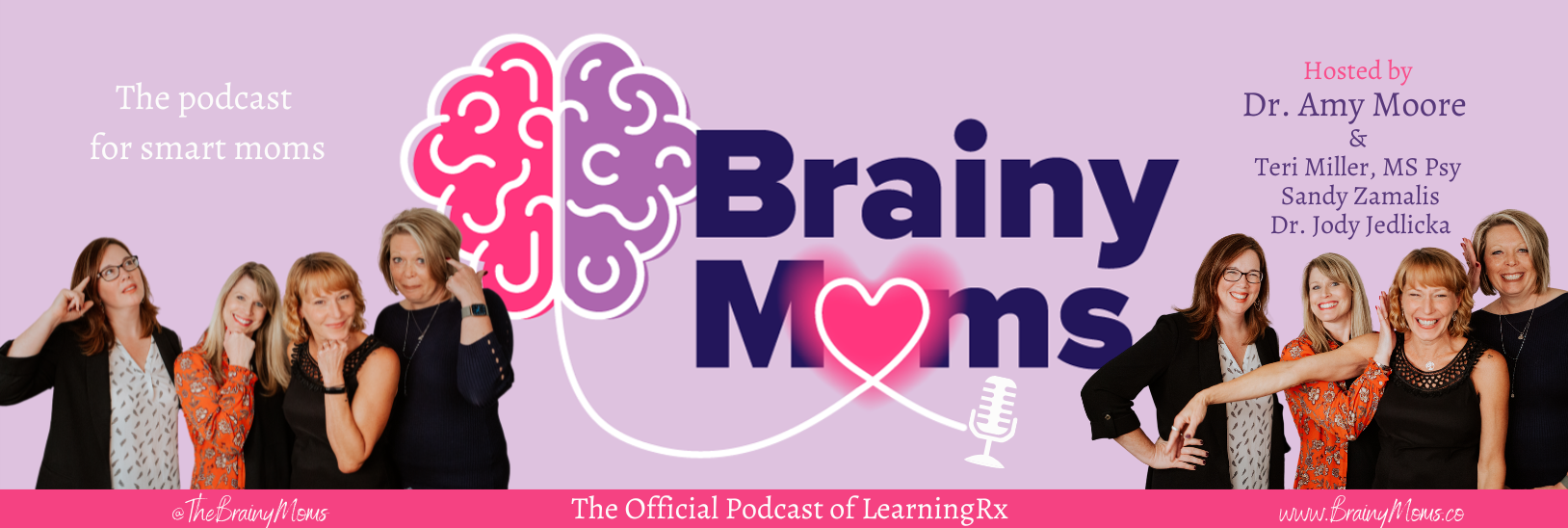
It’s an age-old mantra: you are what you eat. So apparently I’m a basket of sweet potato fries. But, seriously? Like most Americans, I think I’m doing just fine. Generally healthy, busy lifestyle with work and family, I even occasionally go hiking or work out at the gym. Maybe I’m a little fluffier and more forgetful than I was a decade ago, but that’s a natural part of aging, right? In fact, researchers from New York University reported that the diagnosis of age-related cognitive decline has increased exponentially in the past twenty years (1). So I’m comforted with the scientific evidence of normalcy; a little forgetfulness is typical for my age. And yet I wonder…I might be generally well, but how would it feel to be weller?
How Can We Eat Our Way to a Sharper Brain?
1. Re-define the word diet.
This is a way of life, not a fad.
From morning talk shows to evening news reports, a click or two through Google, and we are inundated by ABC (2), NPR (3), and CNN (4) all touting the brain-fitness keys to a healthier, happier, longer life. Revelation…what if general health and wellness is more about brain fitness than physical fitness (5)? If we think about our eating choices as a commitment to health (including brain health), then we don’t have to define these choices as a diet but as a way of life!
Challenge: Get your household on board for total life transformation.
2. Start by adding foods.
Before restricting anything, add brain-boosting foods.
The top trending overall health diets (6) have nifty little acronyms like DASH and MIND (Mediterranean/DASH Intervention for Neurodegenerative Delay) with the focus on restoring and protecting brain health and cognitive function. Supporting research reveals benefits for both cognitive health (7) and psychological health (8).
More broccoli, fresh spinach and kale, raw basil, cilantro, and other leafy greens need to land on our dinner plates (9). Scientific research confirms the neurological benefits of omega fats, so adding fish to a brain-health diet is, well, a no-brainer. Also try adding morning and afternoon snacks like raw walnuts or pecans, almond cheese (it’s actually yummy!), pumpkin seeds, and avocado.
Challenge: Eat a green salad, raw walnuts, whole avocado, and a serving of fish every single day.
3. Just say no to sugars.
This is the hardest part; but if you can break the brain addiction the craving goes away.
The research on glucose and neural decline (10) points clearly to one thing: sugars need to go. Studies on brain health are incontrovertible; our brains are addicted to glucose. The word glucose brings to mind candy, syrups, and sugary drinks. Yet in fact our bodies turn most any simple carbs into glucose. What’s even more disturbing, as our brains age they gradually lose efficiency to use glucose as fuel…thus declining memory and mental clarity.
It can take weeks to definitively cut out sugars and carbs. And no doubt, it will be hard. No candy, no soda, no pasta, no bread, no chips, no potatoes, no granola bars, no cookies or cakes or pies or muffins or baked goods at all! (Did you hear the word NO in there a lot, or is it just me?) But here is the silver lining in that great-big-grumpy storm cloud: after about 3 weeks of absolutely zero sugars, cravings stop. This author’s personal experience can vouch for it! At this point I can sit in the house all alone with a heart-full of Valentine chocolates and literally not want to eat a single one. (If that sounds like some twilight-zone miracle, let me tell you, it feels like one too!)
Challenge: Carve out 3 weeks of celebration-free days to have absolutely zero sugars or simple carbs. Trust that the cravings will end!
4. Fat is your friend.
Good plant-based fat, that is; pour on the olive oil, nuts, seeds, coconut, and avocado.
Many of us grew up convinced fats were the enemy. The staples of my teen and young adult diet contained some description of ‘low fat.’ The reality is, our brains have been munching glucose and craving glucose for so many years, they hardly recognize a ketone body. Yet a healthy brain needs two types of fuel: glucose and ketones.
As we age, our brains have a decreasing ability to access glucose as fuel, and thus need increasing ketones to function well (11). Ketones help maintain the health, growth, and wellness of the brain, and can actually restore aging brain matter (12). In a perfect world our brains get to snack on ketones during a good night’s sleep and after hard work; nighttime fasting and aerobic exercise create mild ketosis, which releases ketones.
But let’s be honest: how many of us actually get decent sleep (without eating anything for a good 12 hours) and aerobic exercise (enough to suck wind and break a serious sweat) on a consistent basis (or at all)? The easiest trick for eating your way to a sharper brain is to simply minimize your consumption hours and create spells of mild ketosis. Some people call it intermittent fasting; try to have at least 12-14 hours per day of not eating, so only 10-12 hours for eating. It’s not so hard to stop eating at 7pm and hold off on breakfast till 8am – then take it a step further with a happy-healthy-brain-fat breakfast of fried eggs in unrefined coconut oil with a side of fresh avocado. Enjoy a dinner of fresh greens tossed with vinaigrette and chopped walnuts, salmon slathered in grass-fed butter, and broccoli dripping with olive oil…yum!
Challenge: Pair a tablespoon of olive oil or coconut oil for every ounce of animal fat you eat. For example, one egg + Tbsp olive oil; cheese stick + Tbsp coconut oil.
5. Watch for results!
An attitude of expectation prepares your mind to receive results and retain restrictions.
The reality is, a sharper brain feels like a better life. Science ensures us that improved cognitive function is correlated with better mood, outlook, confidence, and overall psychological wellbeing. If we can push through those first few hard days of a brain-healthy diet, we will notice a lifting of brain-fog, increased physical and mental energy, better focus and productivity, improved sleep and quality of life. I for one am stoked to eat my way to a sharper brain and I intend to hold onto my smarter, stronger brain for as long as I can!
Challenge: Stick a sheet of paper to your fridge and jot down improvements every couple of days.
By Terissa Michele Miller, MS Psy
This article was originally published in Modern Brain Journal.
About the author:
Teri Miller is a mom of nine and child development researcher with a Masters of Science in Psychology. She is a Research Associate at Gibson Institute of Cognitive Research, co-host of the podcast Brainy Moms, and the Managing Editor at Modern Brain Journal.
